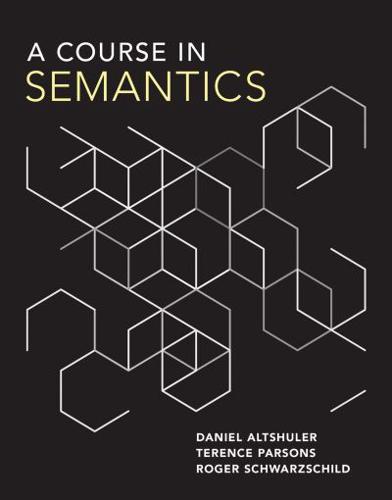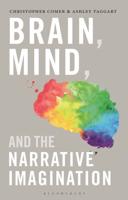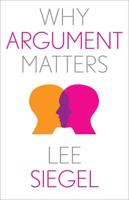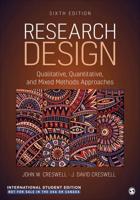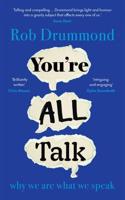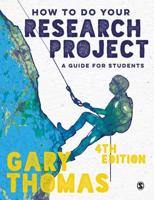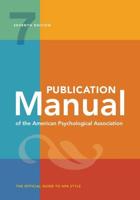Publisher's Synopsis
An introductory text in linguistic semantics, uniquely balancing empirical coverage and formalism with development of intuition and methodology.
This introductory textbook in linguistic semantics for undergraduates features a unique balance between empirical coverage and formalism on the one hand and development of intuition and methodology on the other. It will equip students to form intuitions about a set of data, explain how well an analysis of the data accords with their intuitions, and extend the analysis or seek an alternative. No prior knowledge of linguistics is required. After mastering the material, students will be able to tackle some of the most difficult questions in the field even if they have never taken a linguistics course before.
After introducing such concepts as truth conditions and compositionality, the book presents a basic symbolic logic with negation, conjunction, and generalized quantifiers, to serve as the basis for translation throughout the book. It then develops a detailed compositional semantics, covering quantification (scope and binding), adverbial modification, relative clauses, event semantics, tense and aspect, as well as pragmatic phenomena, notably deictic pronouns and narrative progression.
A Course in Semantics offers a large and diverse set of exercises, interspersed throughout the text; those labeled "Important practice and looking ahead" prepare students for material to come; those labeled "Thinking about " invite students to think beyond the content of the book.


